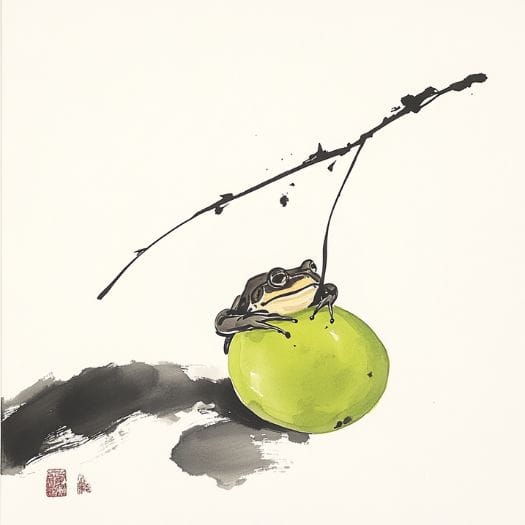Wow, I am so grateful to the people in my meditation group who played the haiku game with me today. We even ended up going over our regular time because when we got to the top of the hour, people wanted to keep playing: how cool is that?
And now that I have the haiku actually printed on the playing cards (index cards), it was very easy for people to take the poems in, more quickly than for handwritten poems or poems they are reading on a screen, so they actually wanted to have a "hand" of cards, rather than just the four cards laid out like the way I've played the game with people before. So, now I am thinking that I could deal out like 30 cards to each person, and ask them to then create their own hand by discarding 10 cards and choosing the 20 poems they like best, and then playing with that hand of cards, refreshing as they discard by choosing cards from a stack of whatever is left over. I will try that next time I get to play with people who have time to try that version of the game (I suspect it might go slower, but people will read more haiku, so that's good!).
Anyway, it's so cool how every time I play with people, they come up with new ideas that I wouldn't have thought to try. Because haiku poems are so small, and because there really is an unlimited quantity of them (the Living Haiku Anthology, for example, is just a spectacular resource), it offers incredible flexibility for how to create the games. Plus everything I am learning about the haiku games can work for proverb games, and vice versa. I am so excited to play Accordion Solitaire with haiku based on how I have been playing Accordion with proverb decks; my goal this weekend is to make up a Japanese haiku deck on colored index cards so I can try playing that solitaire game. (If you have never played Accordion Solitaire, it is so fun, one of the best traditional solitaire card games IMO.)
For now, I will offer one of the Japanese haiku that we did today which everybody loved (we played with a mix of Living Haiku Anthology cards today, plus some classical Japanese haiku). It was Issa's plum-and-frog poem, which is included in the Boutwells' Learn Japanese through Haiku: Issa book, so it is one that I know in Japanese. And just look at the beautiful art which the Boutwells include for this poem:

Here is the poem:
青梅に 手をかけて寝る 蛙哉
aoume-ni te-wo kakete neru kawazu kana
putting its hands
on a green plum
the frog sleeps
It's hard to get the word order in English: in Japanese, the green plum comes first (locative), and then the hands (direct object), then putting, then sleeping, and then the frog, with the untranslatable kana at the end.
It was so fun to see everybody loving the Issa poem; I should do a whole deck just of Issa poems. I've read a lot of haiku since declaring Issa to be my favorite... and he is still my favorite.